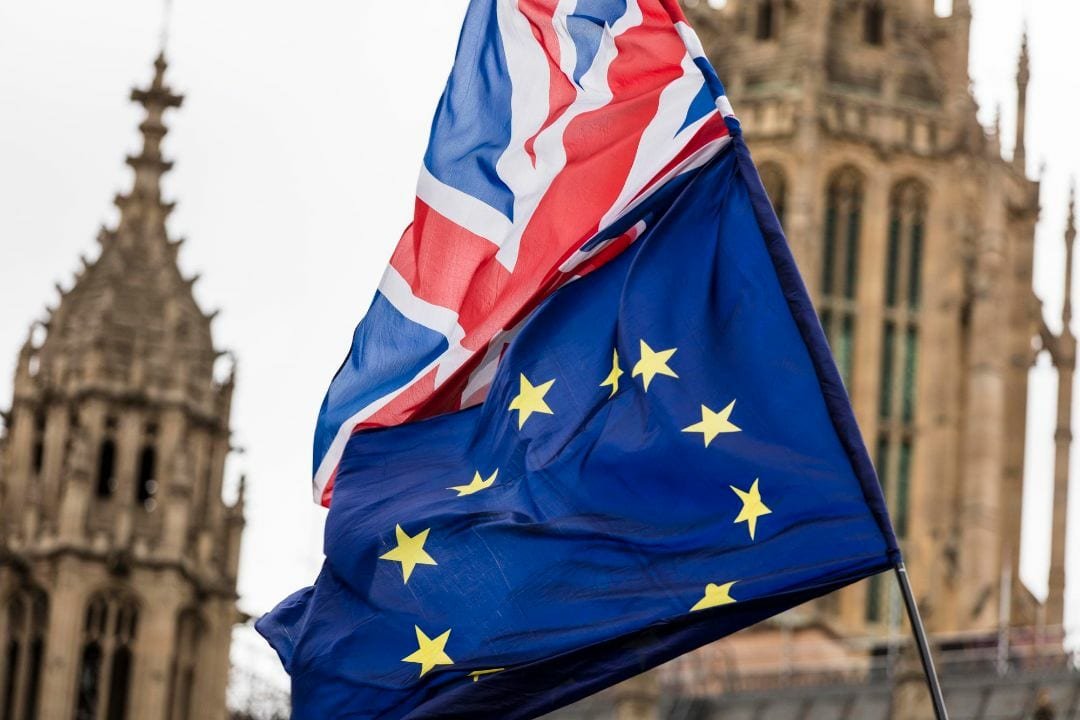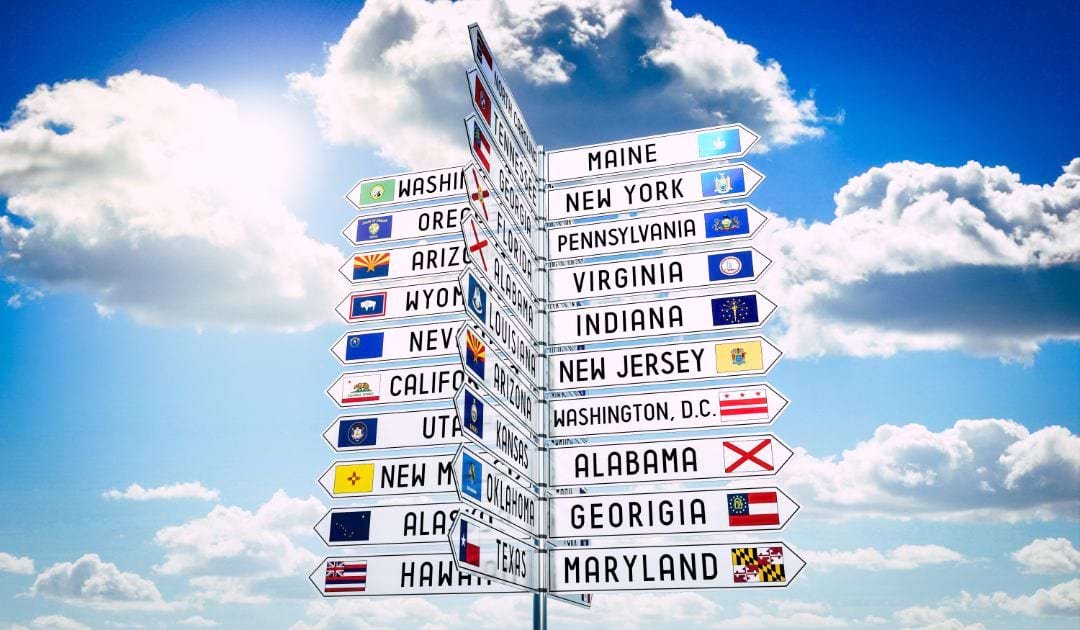

EU Countries Urged to Ease Multiple-Entry Visas for Human Rights Defenders from Russia and Belarus
However, a report by EU Observer notes that with national capitalists responsible for issuing the visas, the possibility for a coordinated approach by EU Member States appears limited, AtoZSerwisPlus.com reports.
The demand for EU countries comes after Russian authorities continue to crack down on those fighting for basic rights.
The Russian lawyer, Olga Gnezdilova, who is also a human rights defender told EU Observer that those who defend rights in Russia are subject to increased risk of prosecution.
“They want to continue their work, but things are changing drastically every day in Russia,” she pointed out in this regard.
Recently, authorities in Russia liquidated the country’s oldest human rights organization. Such a decision was considered a disgrace by Human Rights Watch.
In addition, the EU’s foreign policy chief, Josep Borell, considered it another attack on human rights in Russia.
“The Kremlin is extending its aggression in Ukraine into political repression at home,” he stressed.
Gnezdilova emphasized the fact that she served as a project manager for one of the most significant human rights organizations known as the Moscow Helsinki Group. She is living in Germany for about three years now since she left Russia in the first wave of repression against jailed opposition leader Alexei Navalny.
Russia’s invasion of Ukraine led authorities in a large number of European countries to impose harsh sanctions as a response to the war in Ukraine.
In December, the Council of the EU announced that it adopted a decision not to accept Russia’s travel documents issued in Ukraine or Georgia.
Such a step means that all persons who hold Russian travel documents issued in the territories that are occupied by Russia will not be eligible to use them in order to travel to the EU or hold a valid visa.
The Minister of the Interior of Czechia, Vít Rakušan, considered that this proves that the EU firmly supports Ukraine while stressing that the block will not recognize the illegal annexation of its territory.


















